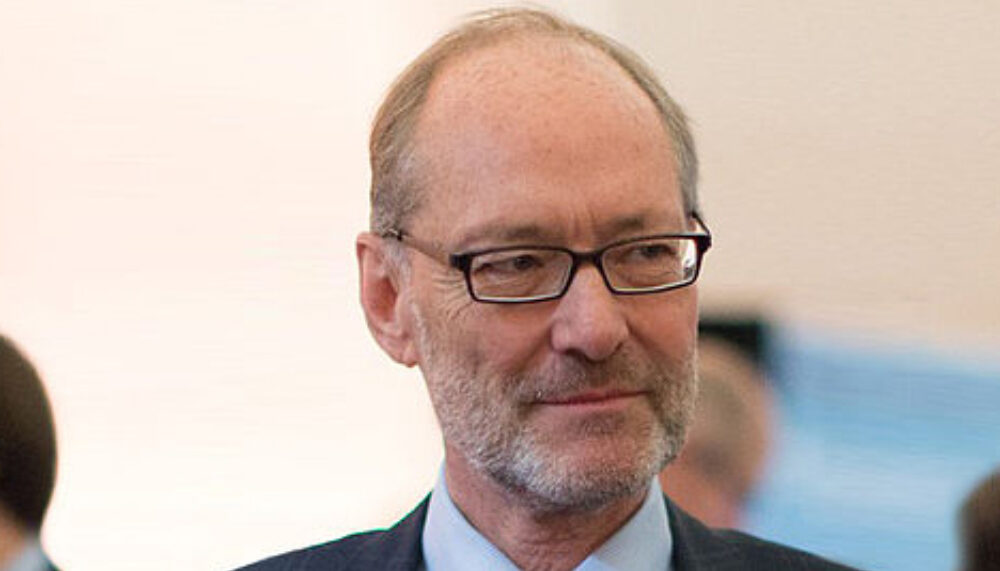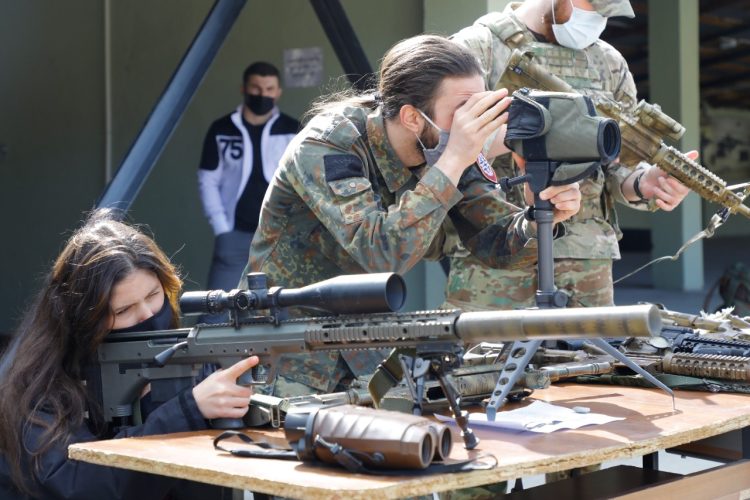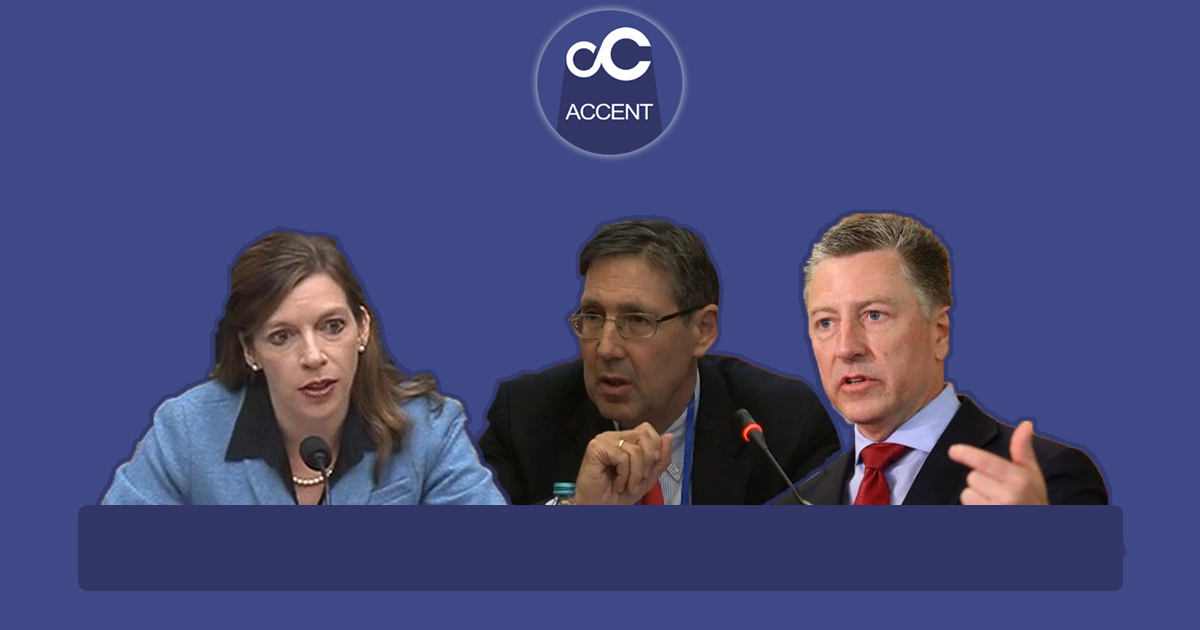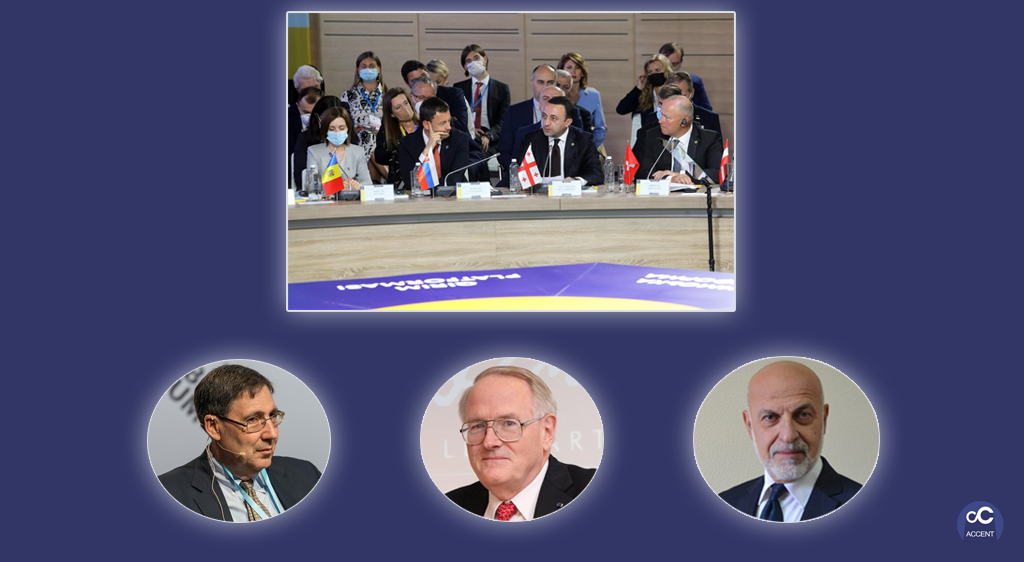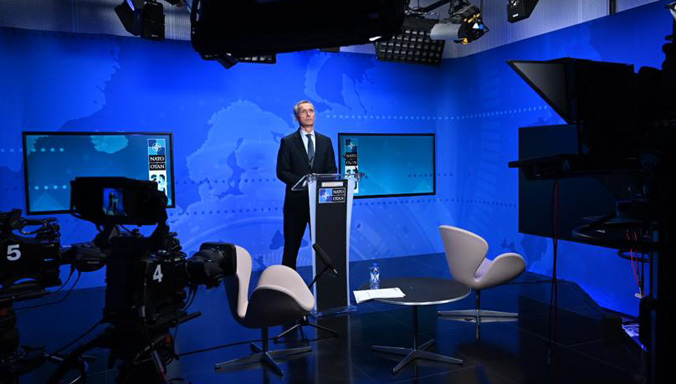
NATO Secretary General's keynote speech at Global Security 2020 Bratislava Forum
07/10/2020 14:52:16 World
Keynote speech by NATO Secretary General Jens Stoltenberg at the Global Security 2020 (GLOBSEC) Bratislava Forum:
'Thanks Steve.And good afternoon.
I am delighted to be able to join you.GLOBSEC is a highly respected and influential conference.Bringing together some of the world’s most innovative thinkers to discuss the world’s most pressing problems. And we need fora like GLOBSEC to deepen our understanding of the evolving security challenges we face.
I remember very well, in early 2014, when I was first asked about becoming the Secretary General of NATO.The world was a very different place.
Since then, Russia has illegally annexed Crimea. Increased its military presence on our borders. Tried to interfere in our elections.And attempted to assassinate political opponents.
We have seen a new level of brutality from ISIS and other terrorist groups.
China has been asserting its economic, diplomatic and military weight.
We have experienced new levels of sophisticated cyber-attacks.
And we have seen how climate change can affect our security as a threat multiplier.
So what is clear is that we need to expect the unexpected. We must be prepared.And we must continue to adapt.
So at the NATO Summit in 2019, NATO leaders asked me to make proposals on how we can make our strong Alliance even stronger.
That is what ‘NATO 2030’ is all about.To ensure our Alliance remains ready to tackle any threat.In the next decade and beyond.To do that, we need to make NATO stronger politically.Bringing issues that affect our security to the table.Regardless of how difficult or divisive they may be.
NATO must also be able to take a more global approach. Responding to global threats by making ourselves stronger at home.By working with like-minded partners around the world.And by defending the rules and institutions that have kept us safe and prosperous for so long.
And we must ensure that NATO stays strong militarily.Because ultimately, our success as an alliance derives from our unity and from the strength of our military forces.
We are building on solid foundations.Since Russia’s illegal annexation of Crimea and the rise of ISIS, NATO has implemented the biggest reinforcement of our collective defence in a generation.
We have increased the readiness of our forces.Reinforced our presence in the east of the Alliance.And strengthened our ability to fight terrorism.All Allies have increased defence spending.
And while prioritising defence in the middle of a health crisis is not easy,we need to stay the course.Because the threats and the challenges that made us agree to spend more in the first place have not disappeared.Because the pandemic has demonstrated the vital role that our armed forces play in support of civilian efforts.And because we need to maintain our technological edge in a competitive world.
Today, disruptive technologies are changing warfare as much as did the Industrial Revolution.Conflicts are increasingly defined by bytes and big data.As much as by bullets and battleships.
Technological dominance has always been key to NATO’s success. But that dominance is now being challenged by those who do not share our values.
So we must re-double our efforts.And focus our investments even more on new, cutting-edge capabilities.We must also ensure that Allies coordinate as they develop new technologies.Because never before has the issue of interoperability been more important.
A ship from one NATO country can always sail next to a ship from another.But if they can’t share information, If their radar and tracking systems cannot communicate, They may as well be in different oceans.
Today, NATO is driving innovation across the Alliance.For instance, the NATO Science and Technology Organisation has a network of more than 6,000 scientists and engineers.Dedicated to integrating the latest technologies – including Artificial Intelligence, Big Data and quantum computing – into NATO and Allied platforms.Such as our next generation early-warning aircraft. And maritime autonomous vehicles for mine-sweeping.
As part of NATO 2030, I intend to put further proposals on the table. To maintain our technological edge.To develop common principles and standards for new technologies.And to enhance cooperation between Allies in areas like joint research and development.
Having a strong military is fundamental to our security.But our military cannot be strong if our societies are weak.
So our first line of defence must be strong societies.Able to prevent, endure, adapt and bounce back from whatever happens.
In fact, resilience is in NATO’s DNA.Article Three of the Washington Treaty places a duty on Allies to become more resilient.
When the treaty was written, the concern was an armed attack from the Soviet Union. Today, we face a far broader range of challenges.That is why boosting resilience is a key task for the future.We need robust infrastructure and systems.Power grids, ports, airports, roads and railways. Our deterrence and defence depend on it.
For example, for large operations, around 90% of military transport relies on civilian ships, railways and aircraft.
Our digital infrastructure is also fundamental, not just to our ability to communicate.But also to our ability to operate and act together. Practically every piece of data on the internet is transmitted via a network of undersea cables.Imagine the potential damage to our security, and to our daily lives, if those cables were cut.
Just as fundamental are safe supply lines.COVID-19 has highlighted our dramatic dependence on distant providers of face masks and other essential medical equipment.We are also reliant on a small number of providers of rare earth materials for our electronic infrastructure.From phones to satellites.
So decisions on investments, on supply chains and on ownership are not only economic or financial decisions.They are critical to our security.
That is why we have strengthened our resilience guidelines for telecommunications, including 5G.Encouraging NATO Allies to conduct thorough assessments, so they use secure and reliable providers.
We need to do more.
We need to do a better job of balancing our commercial interests with our security interests. That is not easy.
But as an Alliance of 30 countries with almost one billion people and half the world’s GDP,NATO is the platform to have these conversations.As part of NATO 2030, I want to see how we can strengthen and broaden our commitment to resilience.We should use NATO more to hold each other accountable on issues that affect our shared security.
We should consider how we can map, monitor and share more information on foreign investment in our critical infrastructure, companies and technologies.So we can identify gaps in our resilience.And act if the activities of a foreign power risk affecting our security.
And we should agree common principles:On whether to export technologies that we rely on for our security.And how to establish secure supply chains for essential goods and services.
To enhance our resilience, we also have to work with other like-minded countries and, of course, with the European Union.
Our Alliance faces many significant challenges.Whatever the challenge, one thing is clear.We have to face them together. By staying strong militarilyBeing stronger politically,And by taking a more global approach.
Now.In 2030.And in the decades to come.Thank you'.






